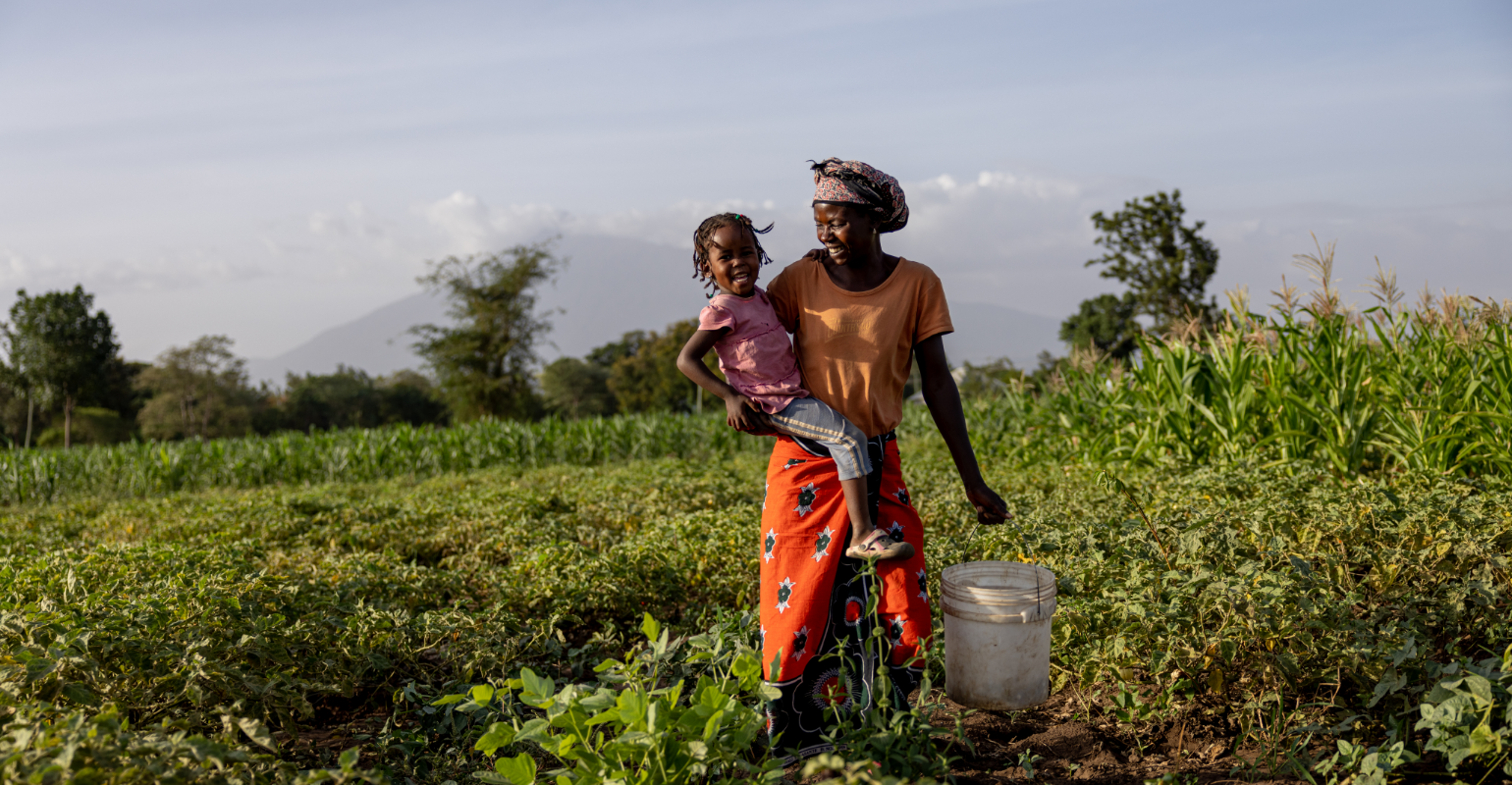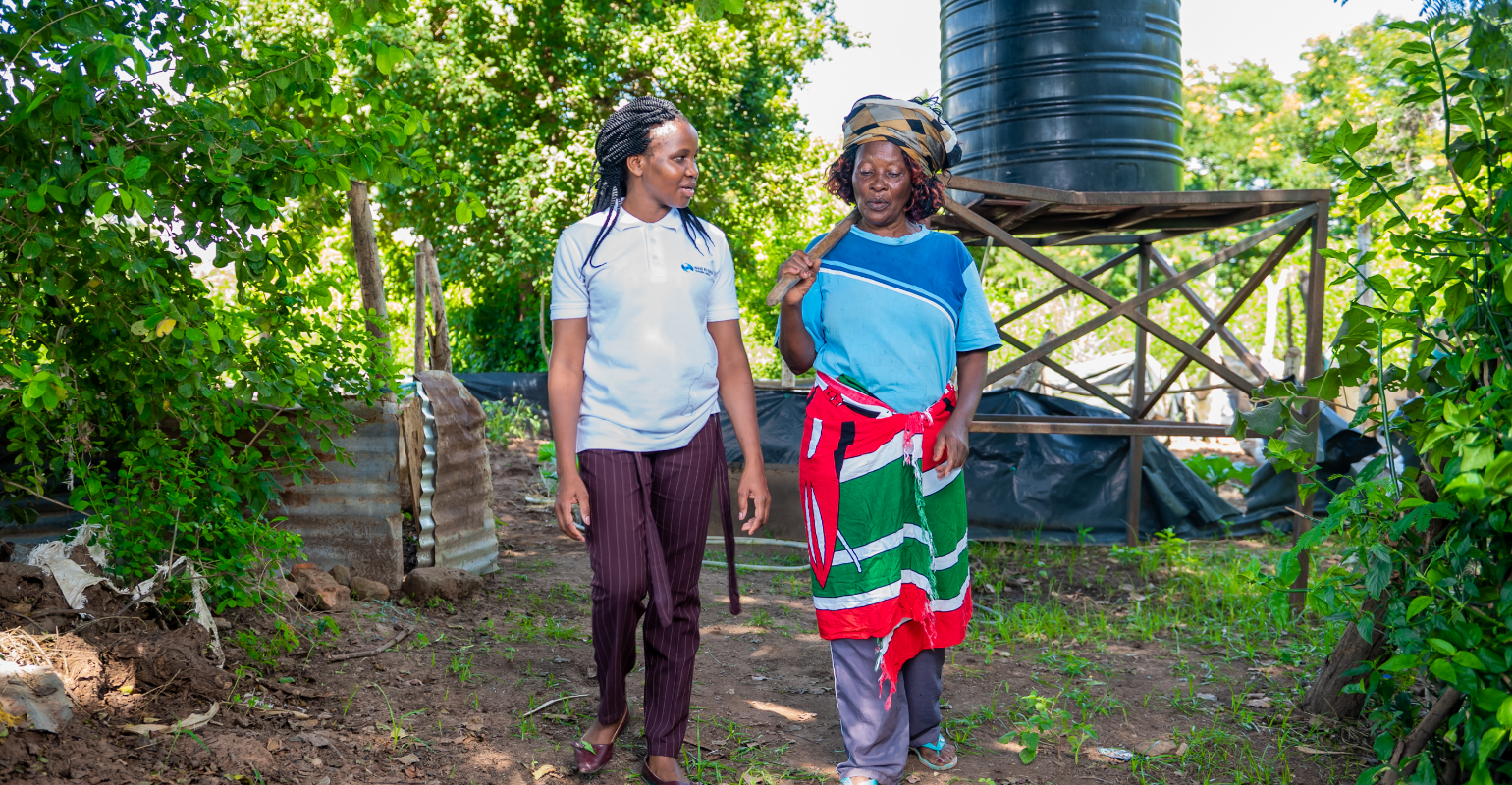One in four African women is an entrepreneur, yet women face significant additional barriers when it comes to earning. That’s why Hand in Hand is equipping women living below the poverty line to launch profitable businesses and shifting social attitudes that prevent women working outside the home.
Before joining Hand in Hand, life for Veneranda and Wilfred was much like every other family in their village in Arusha in northern Tanzania: she took care of the home, he earned the money.
Changing the rules of the game for women entrepreneurs
In many communities, it’s believed a woman working outside the home undermines the man’s position as the family’s breadwinner. What’s more, women are expected to be solely responsible for domestic labour and caregiving, leaving the little time to run a business.
That’s why, at Hand in Hand, we involve the whole community, especially men and local leaders, in breaking down these barriers – so women can participate in the economy as equals, with the power to launch their own businesses and lift themselves and their families out of poverty.
It was only when Veneranda and Wilfred joined Hand in Hand’s that they both began to realise the possibilities life offered if they worked together as team.
Veneranda started a small business buying and selling groceries, but Wilfred realised that if she grew the vegetables herself, they could make more money. So, for the first time, Wilfred gave Veneranda a plot of land for her to grow vegetables, which she could then take to market.
Today Veneranda’s business earns about US $25 a week – tripling the family earnings. Two days each week Veneranda takes her produce to the market and Wilfred stays at home to look after the children, take care of the chickens and cook the meals.
Looking back, Wilfred says, “I had not realised what a burden it was to be the only one responsible for earning the money. Life is not just materially better now it is also easier for both of us.”
Credit for photograph:
© Cartier Philanthropy / Karin Schermbrucker.

